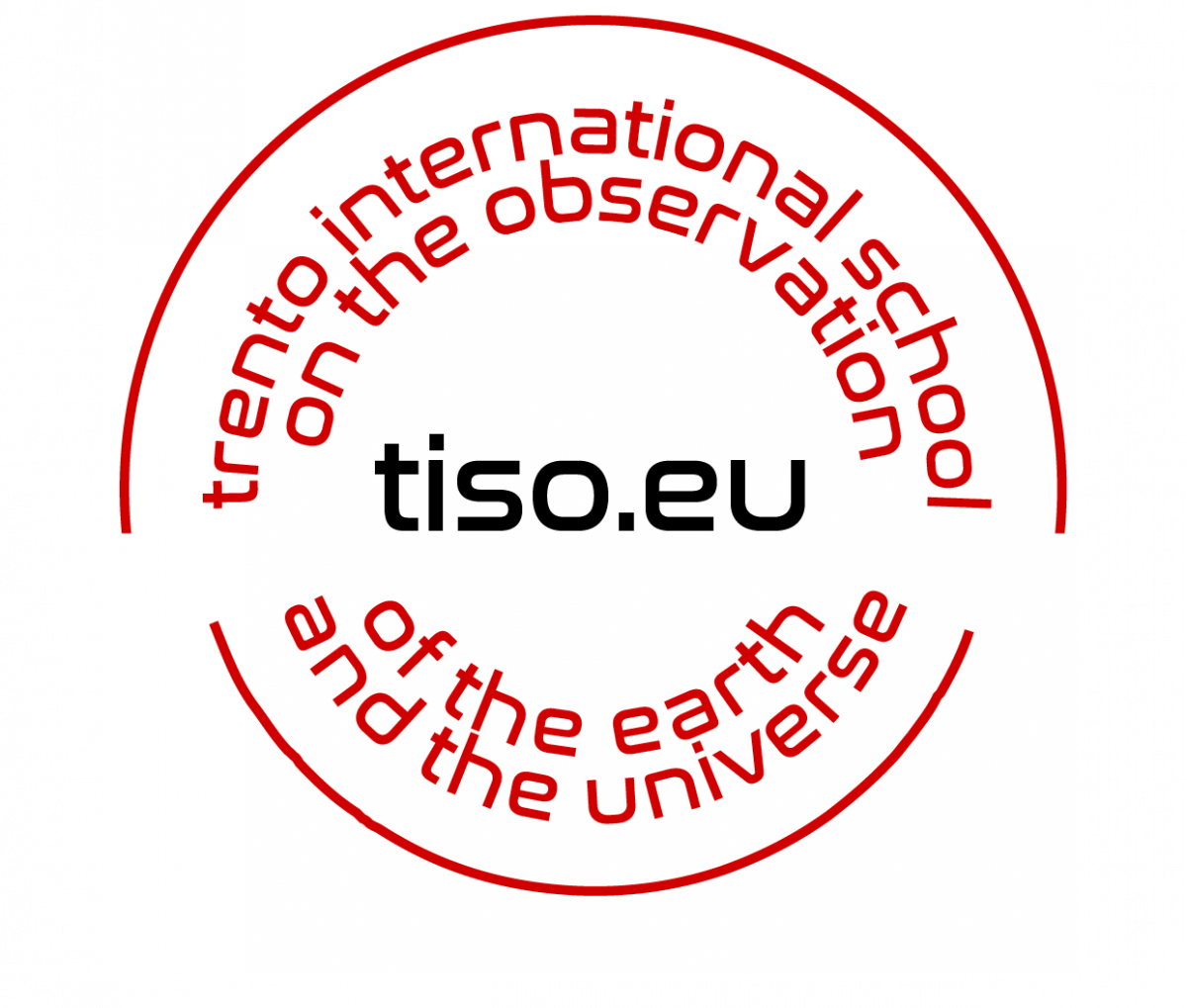Space Diplomacy: Players and Dynamics
Speaker
Prof. David Burigana, Department of Political Science, Law and International Studies (SPGI) - University of Padua
Abstract
Space Diplomacy has yet to be defined not only in Italy, despite some rare examples (R. Battiston, Fare Spazio. I miei anni all’Agenzia Spaziale Italiana, Milan, La Nave di Teseo, 2019, Cap. 9 Space Diplomacy, pp. 163-192). At European level, and more generally in Anglo-Saxon literature, there is a lack of a specific reference literature. There is a reflection that refers to Science Diplomacy, an operational concept “rediscovered” by the Royal Society and the AAAS (American Association for the Advancement of Science), and its journal Science & Diplomacy. In Europe, Pierre-Bruno Ruffini, Rector of the University of Le Havre, economist and scientific attaché French in Rome and Paris published in 2015 the first manual Science and Diplomacy: A New Dimension of International Relations, Springer. Science Diplomacy no longer appears to be simply the recourse of Science as a new instrument of Diplomacy at the service of universal pacification, inspired by the neutrality of Science. If a State finances a scientific field, it is because it considers it strategic for its positioning in a competitive World. Under Horizon 2020, the EU has funded three projects on the subject that have shown how complex its history and practice are. And that’s not all. It is precisely the long-term study of Space activities that has led to privilege, compared to Science Diplomacy, Techno-Science Diplomacy, the idea that a complex interaction between different subjects – institutions, ministries, universities, national research bodies, companies, scientists, diplomats, managers – aims to promote and defend the national interest in innovation by negotiating bilaterally – between two countries – or in multilateral arenas such as the European or global framework. International history can help to identify actors and dynamics as we will suggest with three examples taken from the Italian participation in space exploration: the launch of the San Marco project, the first Italian satellite, in the early 60s; the National Space Plan launched in the second half of the 70s as a forerunner of the ASI; Italy’s entry into the ESO negotiated in the late 70s. Using these three examples as cases of operational history, we will present an analysis tool also useful for the present time, an analytical grid asking participants who wish to contact me for another personal meeting via zoom to fill it together starting from their case study, from their ongoing research project, thus contributing to the learning/research laboratory that we have on Space Diplomacy, for whom interaction with students is fundamental. Their contributions, if they wish, will be published on the website of the Observatory on Techno-Scientific Diplomacy currently being set up.
Online attendance
Zoom Link: https://unipd.zoom.us/j/89664426756?pwd=QkhZc0w0UlhrVS95ZHJ1Q1huWGhidz09
Meeting ID : 896 6442 6756
Passcode: 658249
In cooperation with

The Trento International School on Observation of the Earth and of the Universe (TISOEU) is an educational facility focused on the Sciences of the Earth and the Universe. It realizes initiatives for the scientific community, for undergraduate and doctoral students, as well as for stakeholders.


